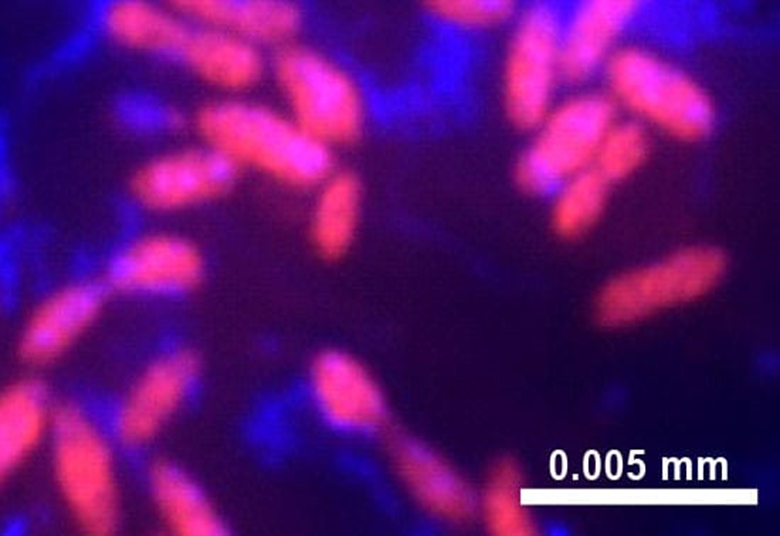Biologists find bacteria that eat oil and turn it into natural gas

In a Chinese oil field, biologists have found unique bacteria that can ingest heavy oil and convert it into methane and other components of natural gas.
Nature magazine published the results of the study conducted by scientists.
This unique discovery was made by Rafael Lasso Pérez of the Max Planck Institute for Marine Microbiology and his colleagues by studying samples of heavy oil taken from the Shengli oil field, one of the largest fields in the People's Republic of China.

Scientists have discovered a previously unknown type of bacteria that can decompose oil and at the same time convert its decomposed derivatives into methane and other gaseous hydrocarbons at temperatures exceeding 50 degrees Celsius above zero.
Scientists named these microbes “Methanoliparia.”
Scientists have also discovered other unique features in microbes. For example, they prefer to extract energy from long chains of saturated hydrocarbons, which have no value in oil refining. In addition, they can degrade aromatic and cyclic hydrocarbons, which is unthinkable for all other “oil-eating” microbes.
Analysis of the Methanoliparia genome showed that this superior ability to eat came about because the bacteria break down hydrocarbons using a series of previously unknown enzymes.

Lasso Perez and his colleagues hope that additional experiments will help adapt microbes to produce biological analogues of natural gas and extract remaining hydrocarbons from depleted oil fields.
Source: TASS

